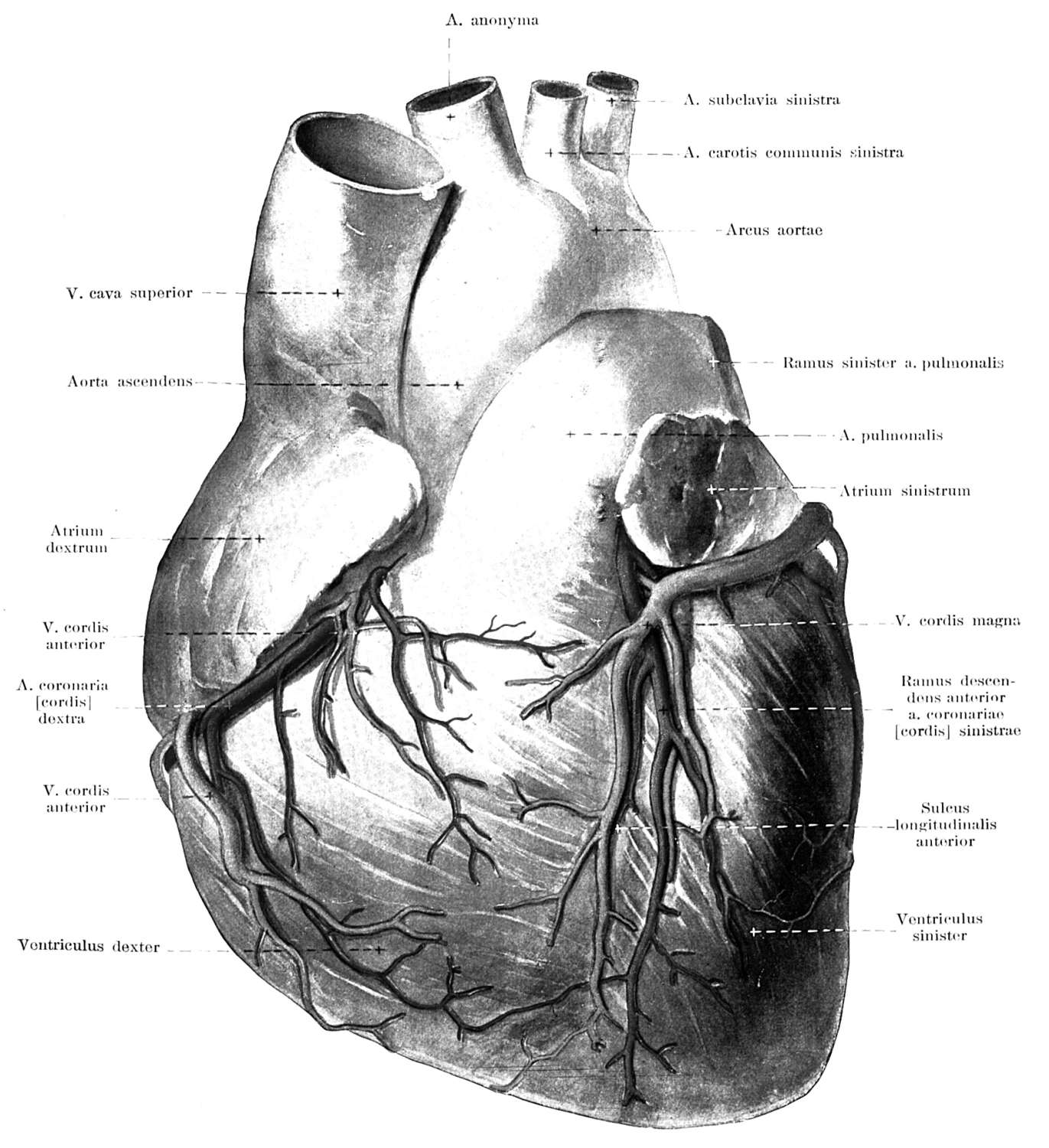MONDAY, May 16, 2016 (HealthDay News) — Constant blood pressure monitoring could help doctors spot black people with “masked,” or undetected, high blood pressure, a new study suggests.
“Masked” high blood pressure can be difficult to diagnose. People with masked high blood pressure may have normal blood pressure in their doctor’s office, but then intermittently develop high blood pressure at other times.
Wearing a blood pressure-monitoring device that measures blood pressure around-the-clock could help identify undetected high blood pressure, the researchers said.
In ambulatory monitoring, a small blood pressure cuff is worn around the arm. This cuff is connected to a device worn on the hip. Blood pressure readings are provided during routine normal activities, including sleep, over the course of 24 hours, the study authors explained.
Researchers used the device to screen 317 black people at high risk for masked high blood pressure for a day at the start of the study. The researchers noted that none of the participants had diagnosed high blood pressure or were taking blood pressure medication when the study began.
After being followed for an average of about eight years, the study revealed that 187 of the participants developed high blood pressure.
Overall, masked hypertension was linked with a much higher risk of eventually being diagnosed with high blood pressure in the doctor’s office (clinic hypertension), the study said.
The findings were published May 16 in the journal Hypertension, a publication of the American Heart Association.
“Our study found that African Americans with any masked hypertension had twice the risk of developing clinic hypertension when compared to those who had both normal clinic and normal out-of-office blood pressure,” study author Dr. Marwah Abdalla, a cardiologist at Columbia University Medical Center in New York City, said in heart association news release.
More information
The U.S. Centers for Disease Control and Prevention provides more information on high blood pressure.
Copyright © 2026 HealthDay. All rights reserved.

